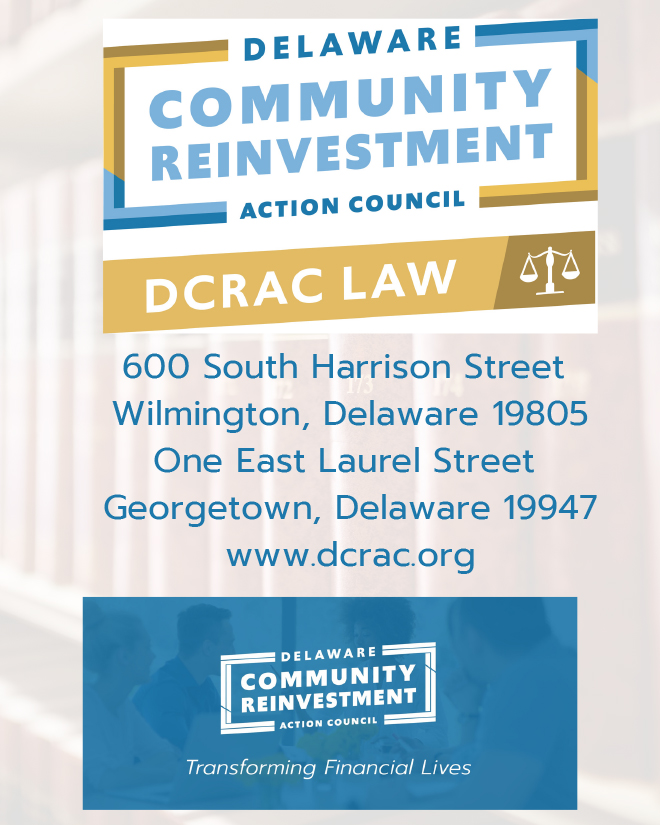Understanding The Capital Gains Exemption When Selling Your Home

By Jaclyn Quinn, Esq.
Delaware Community Reinvestment Action Council, Inc.
Our current housing market is advantageous for sellers. Multiple bids, fast transactions, and premium housing values make a great case to sell, for those who had been considering downsizing or moving. The low interest rates have kept buyers in the game, too. If you recently sold your home or you are considering a sale in the near future, be sure to account for capital gains and properly declare your exemption.
A Capital Gain is the increase in value of an asset from the time you purchased it to the time you sold it. Capital gains apply to any type of asset, such as stocks and real estate. If you buy a house for $100,000 and sell it for $150,000, your capital gain is $50,000, less any expenses and costs incurred during your ownership of the property. Gains are classified as short-term if you hold the asset under one year, and long-term if you hold it over one year.
If you sell your home, will you need to pay capital gain tax? Most likely, the answer is no. When it comes to the sale of a principal residence, our current law allows us to exclude $250,000 in gains for a single tax filer, and $500,000 for a married couple filing jointly. However, to qualify for this exclusion, you must meet the standard for principal residence.
To determine if the real estate qualifies as your principal residence, we have two tests: Ownership, and Use. You must meet the standard for both tests within the five-year period that ends on the date of the sale. You must show you’ve owned the home for an aggregate of two years, and that you used the home as your principal residence for an aggregate of two years over the five-year period. By showing this information to be true, you will be able to exclude the gain of the sale from your taxable income. If you fail to meet the tests, for example, if you haven’t lived in the home at all over the last five years, then you may not qualify for the exclusion.
Just because you determine you are exempt from taxation on your gains, it does not mean you don’t have to report the sale. There are several forms that may ask for related information, and it is important to report the sale and correct values to prevent a miscalculation or wrongful assessment by the IRS. If you sell property and you believe you are exempt from tax on capital gains, be sure to respond to any inquiry from the IRS to avoid a mistaken tax to be assessed against you. As a side note, prompt response to communications from the IRS is highly important to preserve your rights.
If you sell an investment property and realize a capital gain, you will need to report this amount as income and pay the correct capital gain tax. Remember to properly deduct the costs and amount of money spent on improvements to ensure you’re paying the amount owed.
If you have an outstanding matter with the IRS, DCRAC’s LITC is available to help. Jaclyn Quinn is licensed to practice law in Delaware. For more information, or to schedule a consultation, please call (302) 298-3251 or email Jaclyn at [email protected].
Bio
Jaclyn Quinn, Esq. joined the Delaware Community Reinvestment Action Council (DCRAC) in 2011, first as a volunteer, then as staff. In 2014 Jaclyn opened and grew her private practice until 2019, when DCRAC Law opened to the community. DCRAC Law is a nonprofit law firm providing tax, title, and other legal services to those unable to pay market rates.
Jaclyn graduated with a B.A. in Political Science from The College of New Jersey before moving to Delaware to pursue her J.D. at Widener University- Delaware Law School. She was admitted to the Delaware Bar in 2012, and is also barred in U.S. Tax Court and U.S. Immigration Court. She has volunteered with the Office of the Child Advocate, DVLS, and assists as pro bono counsel in a variety of cases. Jaclyn is a member of the Howard High School Academy of Finance Advisory Board.


